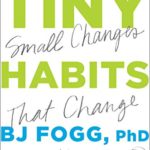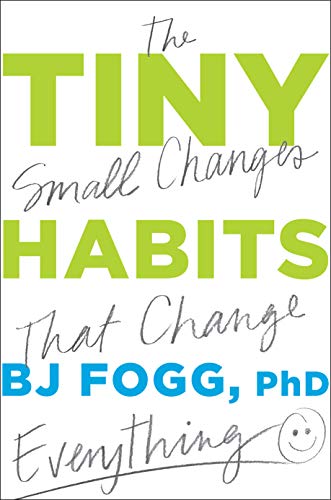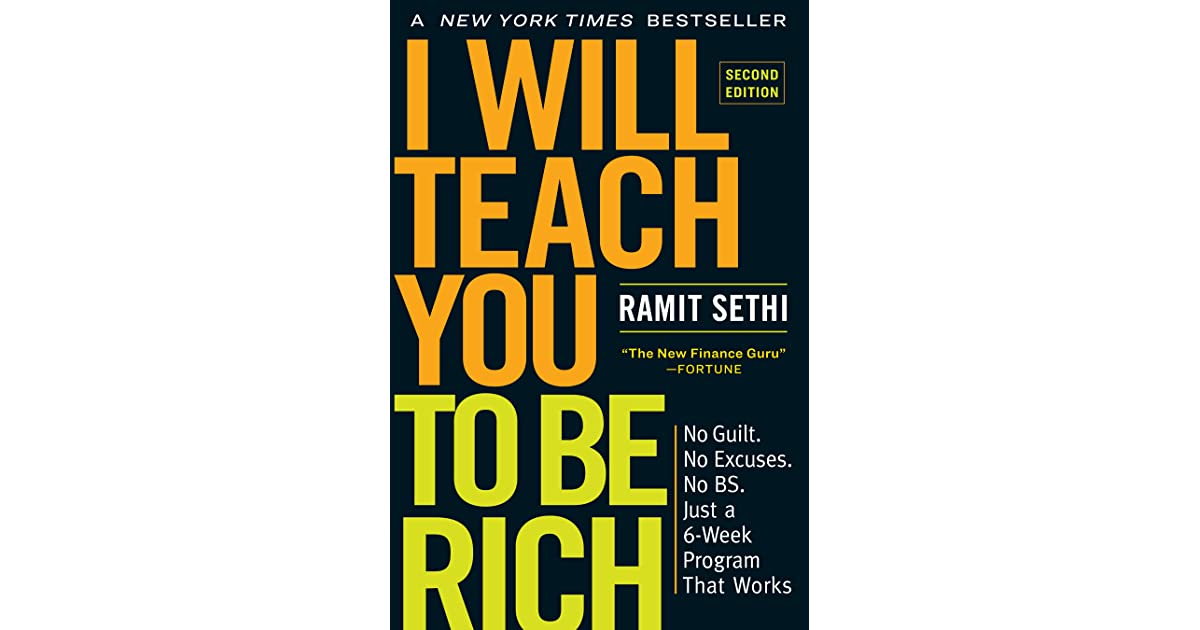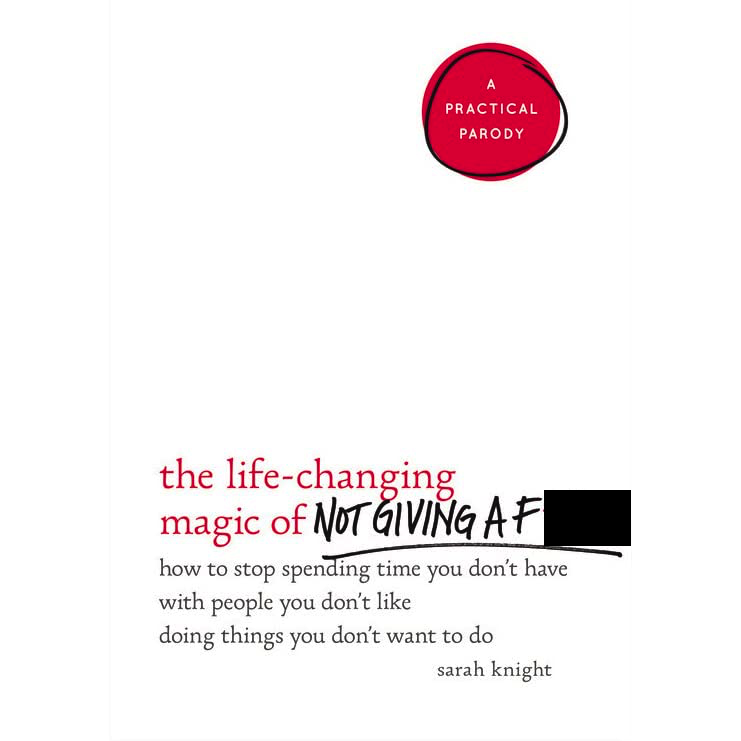“Happier” isn’t generally my type of book, mostly because happiness isn’t generally my type of emotion. Continuous joy? Sustained jubilation? Smiling? Blech.
My style is typically more, “Irritable, bitter, grumbling.” If there had been a book called, “Irritabler,” I would have excitedly said, “Well that’s not a word, but let’s do this!”
But you know, I’m trying to grow, and part of trying to grow as a person is expanding your horizons–which means talking to people you wouldn’t otherwise talk to, watching things you wouldn’t otherwise watch, and experiencing joy when your general tendency is to bitch about everything, lash out at innocent bystanders, and throw things at children.
So okay, fine. Tell me how I can be “Happier,” I guess.
I tend to think anyone who tries to tell you how to be happier is, at least on some level, full of shit. The jury is very much still out on happiness because your brain is extremely complicated, and fickle. Trying to land on sustained happiness is like trying to grab water with your hand and keep it there forever.
Above all else, happiness is specific to you. This is why a lot of psychiatry, while still the best science we have, amounts to throwing a handful of pills at your face and going, “Fuck man, I don’t know. Try this shit.”
It’s not because they want to get you on as many pills as possible. It’s because fixing anything in the brain is nearly always a crapshoot. It’s always about throwing shit at the wall and seeing what variant of Xanax and brain workouts stick with you.
How do we know this? The book is written by Tal Ben-Shahar, who teaches a class based on it at Harvard, which tells you something.
Smart people are statistically more likely to be better educated, to make more money, and to correct your grammar at completely annoying times, but happiness? Geniuses are no happier than dipshits. It’s the one thing they can’t get a hold on. If we really had happiness figured out, smart people would be way happier than your dumbass coworker, or your aunt who says “the Jews” in just the wrong tone.
This makes happiness a really compelling subject to explore and this book really interesting, but if you explore it expecting definite solutions, you’re an idiot.
Now even though there isn’t a guaranteed path to happiness, there are small things we can do that will work for some people. Those are worth exploring, discussing, and thinking about.
This is where “Happier” comes in. Its goal isn’t to guarantee long term, sustained happiness for everyone that reads it, but simply that if you do some of what the book says, you’ll be happier than you currently are. It’s a refreshingly modest, if boring goal for a book like this, but I think Happier succeeds in getting a hold of that apple just barely grazing grass.
Since happiness is elusive, a big part of the book is just to get dummies like us to care about, and prioritize our own happiness. We’re weirdly terrible at doing this. We tend to go through life thinking we need checklists of items, and we make ourselves miserable going for them, and then we get near retirement age, and go, “Oh crap, I’ve been miserable for 40 years, haven’t I?”
To communicate its importance, Happier does a good job of pandering to shitty white Americans by constantly referring to happiness as “the ultimate currency.” which ensures that you’ll actually care about it. This helps to put us capitalist assholes in a frame of mind of always prioritizing our own happiness constantly–of seeing it as the ultimate thing that matters because “OH FUCK CURRENCY I KNOW I NEED THAT.”
“Here, miserable banker who knows nothing other than working for a paycheck and an empty soul, think of happiness as your current item of worship–money–only you know, more ULTIMATE.”
It sounds stupid, but it’s probably necessary to get you to really take your own happiness seriously. Throughout the book, you’re thinking in terms of, “How can I make sure my savings in smiles are good?” “What activity will give me a good ROI on future joy?” “Looks like the news is worth even fewer smiles per share than yesterday, and puppy videos and blocks of cheese are on the rise as always.”
If the concept of, “find things that make you happy and then do them,” sounds really simple, that’s how a lot of the book works. It has some profound ideas mixed in evenly with plenty of ideas that will have you saying. “Wait, how do Harvard students not already know this?”
One example of this is “Happiness Boosters.” These are….as you might guess….activities that boost your happiness. The book encourages you to find things that you enjoy that you can strategically place throughout your life in order to have something to look forward to, and can energize you to get through the next day.
So basically, “Find the things you do that make you happier now and in the future and do those a bunch.”
Again. Taught at Harvard.
To be fair, while this stuff is obvious if you think about it, the problem is people often don’t think about it, so it is actually is helpful to have a book that tells you, “Oh yeah, plan out a jerkoff session and some 10pm pancakes so that you’re happy later, dummy.”
The book also encourages you employing the “MPS method” for designing your life, and specifically your career. This means finding work that gives you meaning, that brings you pleasure, and that plays to your strengths.
Now the potential problem here is obvious: I’ve met plenty of grown adults who mostly derive meaning from having contrarian opinions about movies, derive pleasure from leering at women way too young for them, and are especially strong at Pokemon knowledge. I’m not entirely sure what career is supposed to give them “the ultimate currency.”
But more than anything, it’s just bizarre to imagine a Harvard student saying, “Wait, I need meaning, pleasure, AND for the career to play to my strengths? Wow, my mind is completely fucking blown.”
But again, maybe improving your happiness levels is a deceptively simple process. Maybe the key to happiness is obvious, but we’re too caught up in life’s bullshit to notice, and the key is having the obvious stuff thrown into your face–to become more aware of what you already know. Maybe sometimes you need to read really simple, obvious ideas over and over in order for them to find their way through your thickass skull.
While I do think there’s value in this, I’m happy to say the book doesn’t just pass along obvious shit like this. Along with great advice on gratitude, productivity, and relationships, the book also attacks your shithead thought processes that make you so miserable.
One observation the book makes is that people often become unhappy when they achieve their dreams because they expect their dreams to make them happy.
This is a mistake we make often of assuming, “This one specific thing=happiness.”
We do this shit all the time. We think if I just have a house, or a dream job, or wife with at least a pair of C’s, or a cooler Insta, or a ham sandwich in my face right now, I’ll be happy forever. Then everything will be settled. I’ll have reached the land known as Happy, where all of the feelings are warm and fuzzy, all of bodies are fuckable, and all of the food tastes like cinnamon rolls. This is where I’ll live forever.
This book clarifies something we all need to know. Nothing on its own=happiness. Happiness is a confusing, messy journey full of peaks, valleys, and a bunch of in-the-way bullshit, and that includes your dreams. If you expect to suddenly become a happy person because of some new thing you own or activity you do, you will become more miserable because on top of being stuck with yourself, now you’ll be disappointed with life as well.
Happiness, the book argues, is not shaped by a life-changing event, but rather by incremental experiences and practices. You have to work at happiness every day. It’s an ongoing project. It’s like one of those European churches that has been being built for 300 years, only with your happiness, there is no one saying, “Why would anyone ever invest that much time into that and holy shit people get a life?”
So how do we set ourselves up for happiness both now and in the future? How do we ensure future smiles while not hating life? The book breaks this down for us by telling us the three people to not become:
1. The rat racer: The person who always suffers now to postpone happiness. This is your miserable friend who stockpiles money and will die in a pile of it having experienced nothing.
2. The hedonist :The constant seeker of immediate joy. This is your friend who can’t sit still and enjoy themselves or you because they’re constantly on impromptu chlamydia-filled trips to Thailand.
3. The nihilist :The person who has given up on happiness in general. This is joy-vacuum in your life that you always kind of wonder why you’re still hanging around.
In every situation, the book will give you examples of what these three idiots will do, and what you should do instead.
And what should you do instead? Happier recommends you find a way to seek joy now in a way that will lead to more joy later.
While this idea is nice and useful to keep in mind, the question it raises is one you find yourself asking throughout the book: “Okay, but how do I do that? In my specific life? Right now?”
There isn’t a real answer, and in a book, there shouldn’t be. The author doesn’t know you.
Which is okay. Not every book has to dramatically alter your life, and a book about happiness probably isn’t going to a whole lot. But it can make you think, it can make you view yourself differently, and it can summarize the only class at Harvard that could be taught to 7th graders.
And there is value in that. There is value in something that simply changes your focus, or gets you to stop focusing on life’s dumbest bullshit for a second, and focuses you on gratitude, and this crazy thing called your own well-being.
So go ahead and check out Happier. If nothing else, it will make feel like you’re way smarter than a Harvard student, and that should make you happier for at least a couple minutes.









